On the face of it, the harvest crisis fund seemed an unlikely matter for the most significant direct action by IFA.
You don’t always get to pick your battles, and so it was here.
A scheme that will consume less than 0.1% of the Department’s annual budget, that only applies to a couple of hundred tillage farmers located in pockets across west Cork and western counties, saw farmers from Laois, Kildare and Wicklow in solidarity with their colleagues from Donegal, Cork and Galway – sleeping on benches in the foyer of Agriculture House, in the shadow of Dáil Éireann, for a week.
It was happenstance that the grain committee were meeting on the day it emerged that the scheme that they had been pushing for since last autumn had a cap a few sizes too small.
The expectation was that the upper limit would be €15,000. There had been no indication that a lower limit would be imposed, so €5,000 was a kick in the teeth.
When the reported leaks were confirmed on Wednesday lunchtime, it was seen as a breach of faith, and proof that the Department were blasé about both this issue and tillage farming in general.
The sad thing is that none of this needed to happen. Much good work has been done, particularly in relation to the tillage TAMS.
While the original specifications were criticised, there was open and wide engagement to improve them, and it is now a well-funded and well-specced scheme.
The SBCI loans were in part designed to assist tillage farmers’ cashflow and credit issues. Again, it left a sour taste for many. Tillage farmers received 9% of the final fund, but felt that dairy farmers were favoured by the application process.
Anecdotal evidence from merchants confirms tillage farmers own testimony – they have the deepest cashflow problems – which is not surprising when the price they get for their product hasn’t stirred in 30 years.
Next weekend, U2 plays in Croke Park on the 30th anniversary of the Joshua Tree tour. Tickets are from €80, five times the original £14.
Grain prices, meanwhile, haven’t moved an inch – the current €135/t for green feeding barley is matched by 1987’s £105/t.
The Department can’t be held responsible for international grain prices, of course, but farmers are entitled to expect that the Department is in their corner. Livelihoods are at stake.





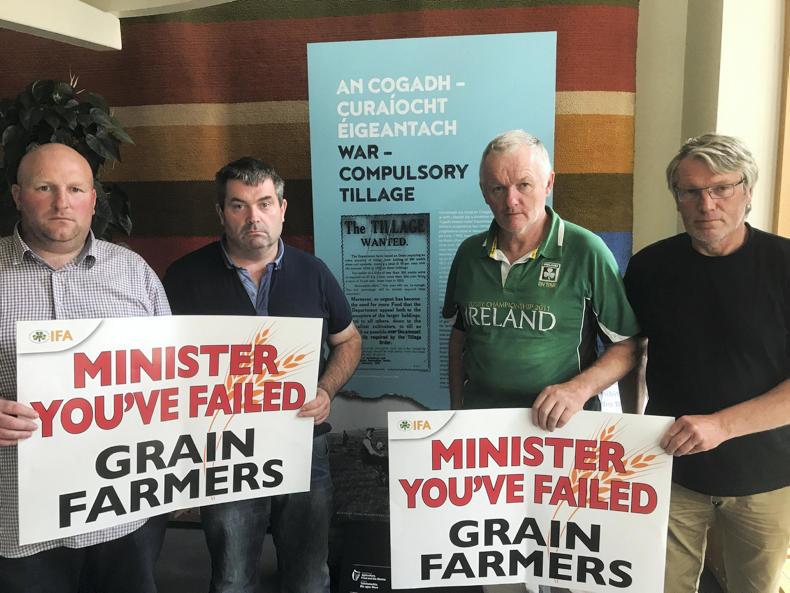
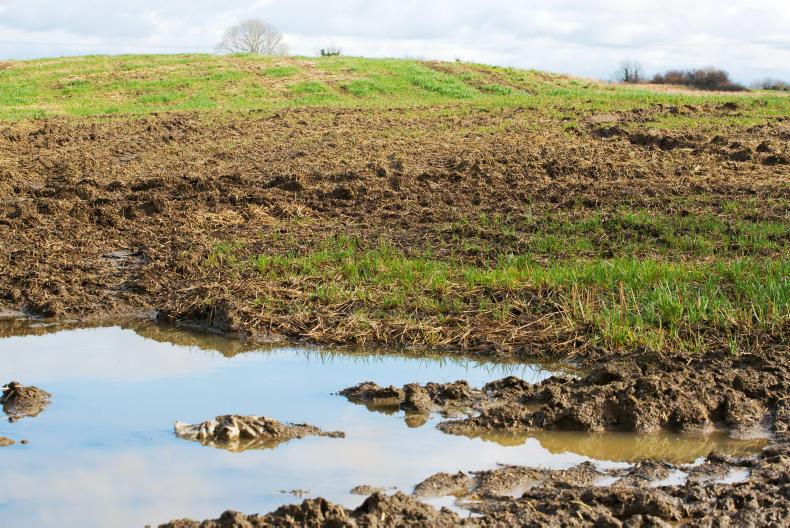
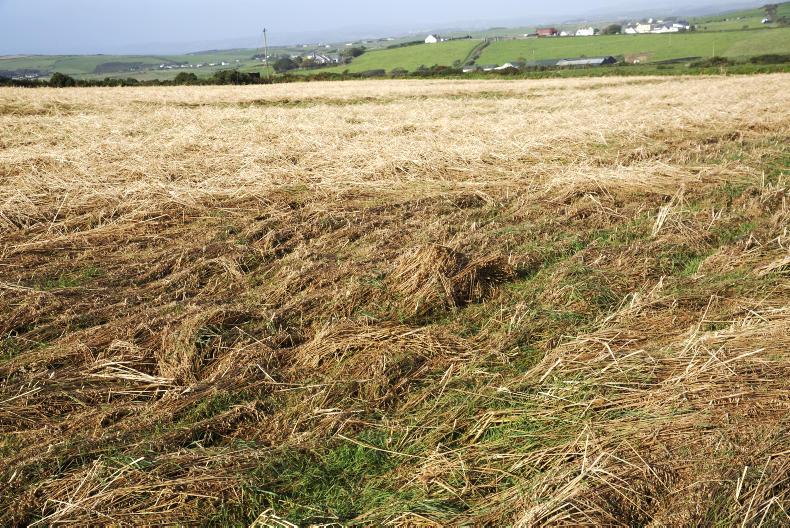
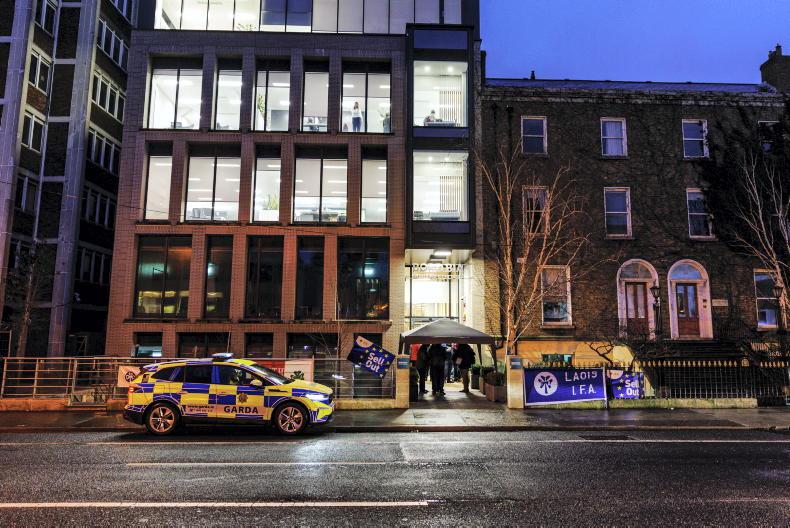
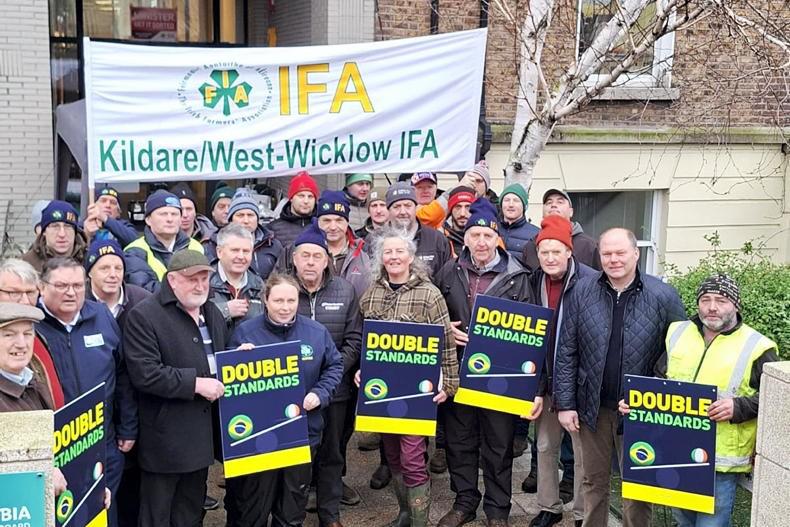
SHARING OPTIONS